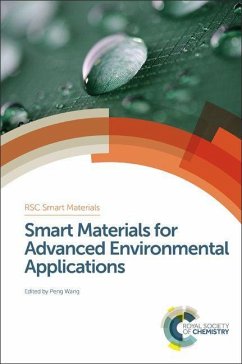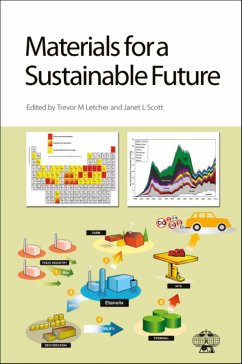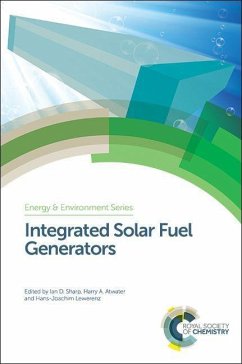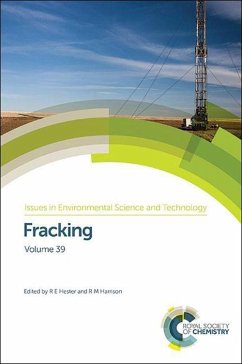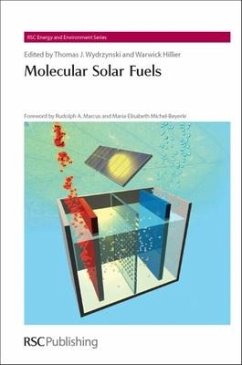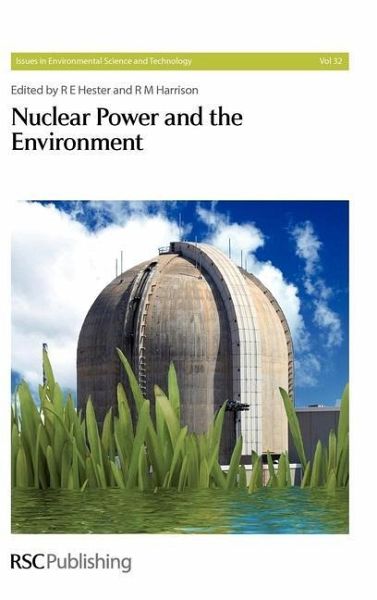
Nuclear Power and the Environment
Versandkostenfrei!
Versandfertig in über 4 Wochen
82,99 €
inkl. MwSt.

PAYBACK Punkte
41 °P sammeln!
The environmental implications of generating electric power from nuclear fission have been a matter of concern since the construction of the earliest nuclear reactors and power stations in the 1950s. After two or more decades of construction of nuclear power stations, this ceased in many countries, largely as a result of concerns for the environment and human health. However, the pressing need to reduce greenhouse gas emissions is leading many countries to plan extensive new programmes of construction of nuclear power stations which serves to re-emphasise concerns over environmental impacts. V...
The environmental implications of generating electric power from nuclear fission have been a matter of concern since the construction of the earliest nuclear reactors and power stations in the 1950s. After two or more decades of construction of nuclear power stations, this ceased in many countries, largely as a result of concerns for the environment and human health. However, the pressing need to reduce greenhouse gas emissions is leading many countries to plan extensive new programmes of construction of nuclear power stations which serves to re-emphasise concerns over environmental impacts. Volume 32 of the Issues in Environmental Science and Technology series is concerned with reviewing the political and social context for nuclear power generation, the nuclear fuel cycles and their implications for the environment. Known issues of nuclear accidents, the legacy of contaminated land and low level waste, and the decommissioning of nuclear sites are considered together with a more forward look at the deep geological disposal of high level waste and the pathways of radioactive substances in the environment and their implications for human and non-human organisms. This book will be of interest to scientists and engineers working in the field and to policy makers, university students, and the wider range of people concerned about the environmental impacts of nuclear power generation.





